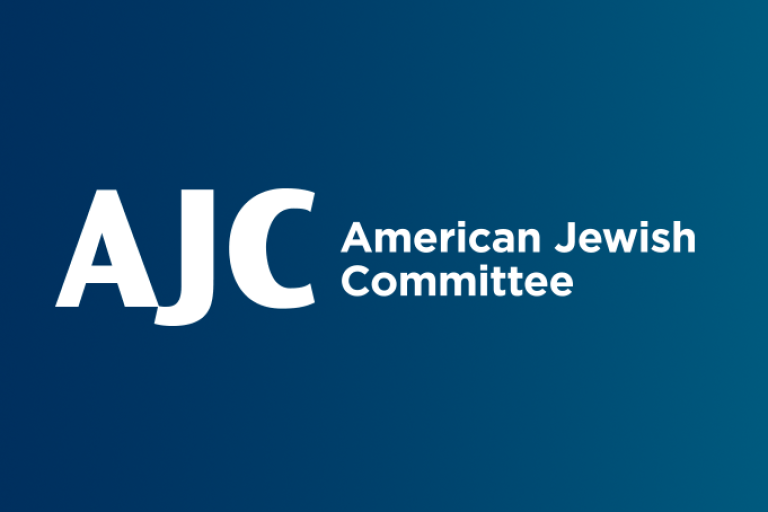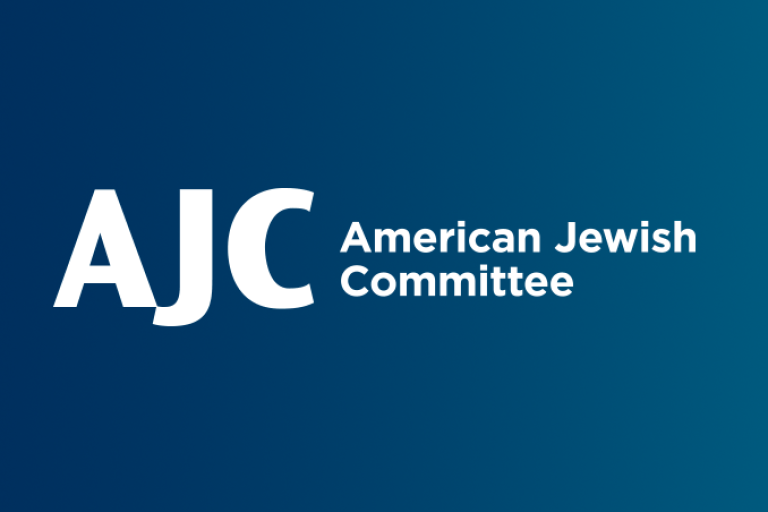November 22, 2017
In March 2012, Mohamed Merah, a 24-year-old French citizen, murdered seven people in cold blood over the course of nine days in the cities of Montauban and Toulouse in southwestern France. Among Mohamed’s victims were Jonathan Sandler, a 30-year-old rabbi and teacher at the Ozar HaTorah school, and his two sons, Gabriel, 3, and Arye, 6. Another was Miriam Monsonego, 8, whose father was principal of the school. According to French journalist Marc Weitzmann, these murders “made France the only Western country since World War II where children from 3 to 8 could be killed in the street, and in broad daylight, for being Jewish.” Mohamed Merah also shot to death three French paratroopers at point blank range, two of whom were Muslim. He considered them apostates—Muslims who have turned their backs to Islam—since they fought for the French Army in the war in Afghanistan. All the killings were recorded with a GoPro camera.
After a 32-hour manhunt, police raided Mohamed’s apartment in Toulouse where he was waiting, ready for a shootout. In the violent standoff, three commandos were injured and Mohamed was killed.
The Legal Fight
Now, more than five-and-a-half years since these brutal attacks, one of the major legal chapters has been closed, pending an appeal—though for some, the verdict produced neither the full desired outcome, nor closure for the families. Earlier this month, after a five-week trial, Mohamed’s older brother, Abdelkader, was cleared by a Paris court of charges of complicity in the murders.
An Ideological Influence
Reportedly, Abdelkader—who was arrested shortly after the killings and held in remand ever since—said he approved of his brother’s crimes and that he was proud of him. His lawyer, however, denied this. The judges found that Abdelkader had undoubtedly been an ideological influence on his younger brother. Yet the special jury found no evidence that Abdelkader was an accomplice to Mohamed’s attacks—in either the planning stage or in carrying out the crime. Consequently, he was found guilty of criminal terrorist conspiracy and sentenced to 20 years in prison—not the life sentence the prosecution desired. In all likelihood, he will not serve the entire sentence.
Simone Rodan-Benzaquen, Director of AJC Europe, called the sentence frustrating, saying, “It doesn’t send a strong message out to the world, to the victims, or to the terrorists themselves.”
The trial, explained Rodan-Benzaquen, was “excruciating” for the victims, in part because of the “horrendous” way Abdelkader’s lawyers framed the debate. At one point, Abdelkader’s “big-shot” lawyer told Latifa Ibn Zaiten, the mother of one of the victims, that Mohamed’s mother, Zouliki Aziri, was also experiencing the loss of a son.
Latifa Ibn Zaiten was honored with AJC’s Moral Courage Award at the AJC Global Forum 2014. Rodan-Benzaquen, standing by her side, translated her remarks for the audience.
What the Trial Meant to France
“The fact that the trial resulted in a conviction was essential,” says Rodan-Benzaquen. Another positive she says was that victims finally learned about key police and intelligence mishaps that hampered the search for Mohamed Merah.
The trial also exposed the public to some stark realities, among them the profound, homegrown radicalization of Mohamed Merah. “The entire family was deeply, deeply entrenched in antisemitism,” Rodan-Benzaquen said, pointing to the words of another Merah brother, Abdelghani, who has written and spoken out about how he and his siblings were raised in a culture of hate. “My mother always said, ‘We the Arabs, we were born to hate Jews,’ Abdelghani said in a 2012 documentary. “This speech, I heard it all throughout my childhood.”
Rodan-Benzaquen stressed how vital it was that the trial entered the realm of public debate, because the Merah murders constituted “the first major terrorist incident where we had a radicalized French Muslim who grew up in France and went to French school.”
The First Wave
Since Mohamed Merah’s killing spree, a wave of Islamist terrorism has struck France, including the Charlie Hebdo and Hypercacher murders in January 2015; the coordinated massacre in Paris and inside the Bataclan theater in which 130 people were killed, pushing the country into a state of emergency; and the 2016 truck attack in Nice that killed 86 people and injured nearly 500 more.
We have, over the last five years, lost more than 240 French compatriots to terrorists,” Rodan-Benzaquen said. “We didn't react quickly enough and understand what we were facing. As a democracy, we had this trial. But not convicting the complicit terrorist Abdelkader Merah for his participation in the murders sends a signal of weakness in the fight against Islamist terrorism.”


